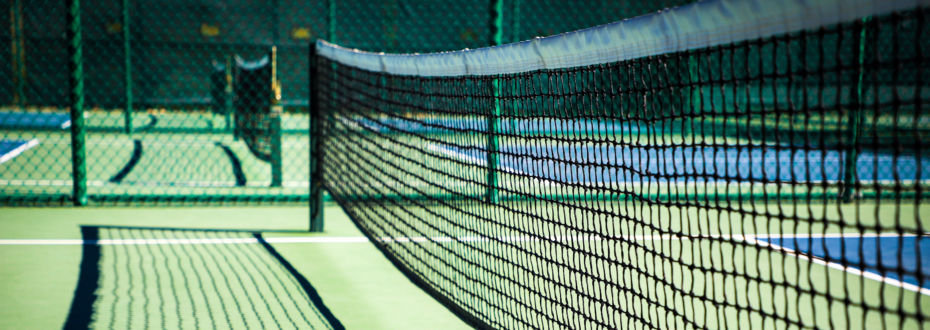“We are deeply disappointed and saddened that when Naomi Osaka asked for support and understanding for her mental health, both the tennis authorities and some UK media commentators have reacted so rigidly and shown so little compassion,” Centre for Mental Health chief executive Sarah Hughes said today.
“When someone at work raises concerns about their mental health and asks for help, it’s vital that they are believed, taken seriously, and met with a compassionate and sensitive response. Very often, small adjustments and changes can enable people to keep working in better circumstances.
“Sadly, it appears that has not happened in this case. But we must ensure that we learn from it. All workplaces can do better at responding when people say they are having difficulty. Professional sport should be in the lead, showing the way, not lagging behind.
“It is even more disturbing that some media commentators have made unfounded accusations in relation to this situation. Instead of making it safer for people to disclose distress, these comments uphold the harmful cultures of secrecy and stigma in our society.
“We applaud Naomi Osaka for speaking out, and we welcome the debate that we hope this will engender. But we call on those in positions of power, privilege and influence to use their platforms to bring empathy, compassion and understanding, to fight rather than foment prejudice, and to help us all move forward.”




